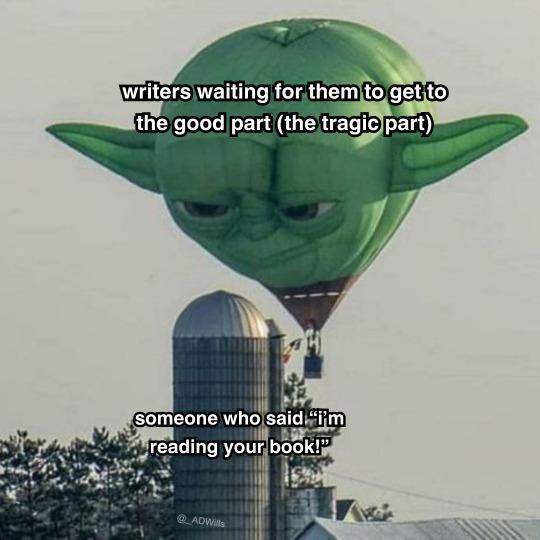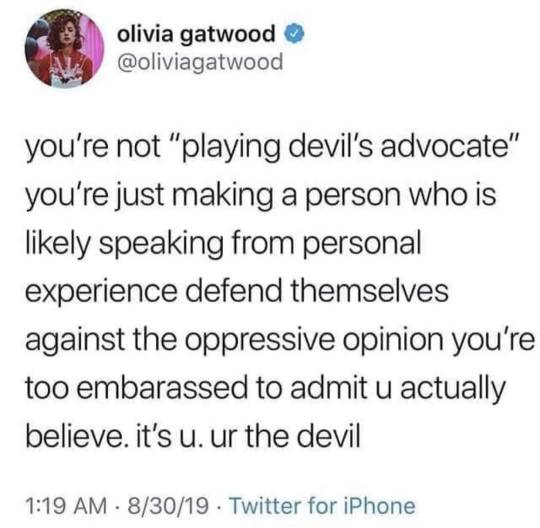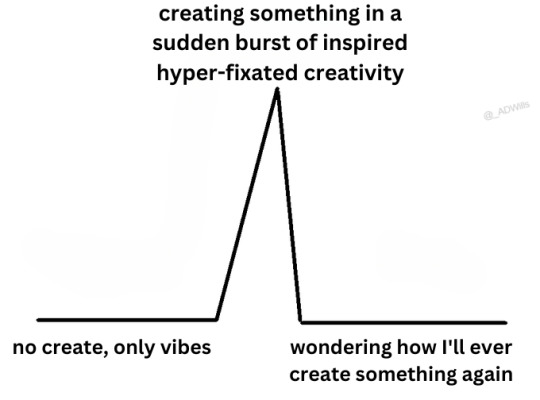Text
NEED HELP WRITING? (a masterlist)
I have likely not added many that I've reblogged to this list. Please feel free to roam my blog and/or ask/message me to add something you'd like to see on this list!
Synonym Lists
Look by @writers-potion
Descriptors
Voices by @saraswritingtipps
Show, Don't Tell by @lyralit
Tips & Tricks
5 Tips for Creating Intimidating Antagonists by @writingwithfolklore
How To (Realistically) Make a Habit of Writing by @byoldervine
Let's Talk About Misdirection by @deception-united
Tips to Improve Character Voice by @tanaor
Stephen King's Top 20 Rules for Writers posted by @toocoolformedschool
Fun Things to Add to a Fight Scene (Hand to Hand Edition) by @illarian-rambling
Questions I Ask My Beta Readers by @burntoutdaydreamer
Skip Google for Research by @s-n-arly
Breaking Writing Rules Right: Don't Write Direct Dialogue by @septemberercfawkes
Databases/Resources
International Clothing
Advice/Uplifting
Too Ashamed of Writing To Write by @writingquestionsanswered
"Said" is Beautiful by @blue-eyed-author
1K notes
·
View notes
Text
@nathanwpyle
I literally love this.
I couldn't stop laughing for 20 minutes.
No joke.




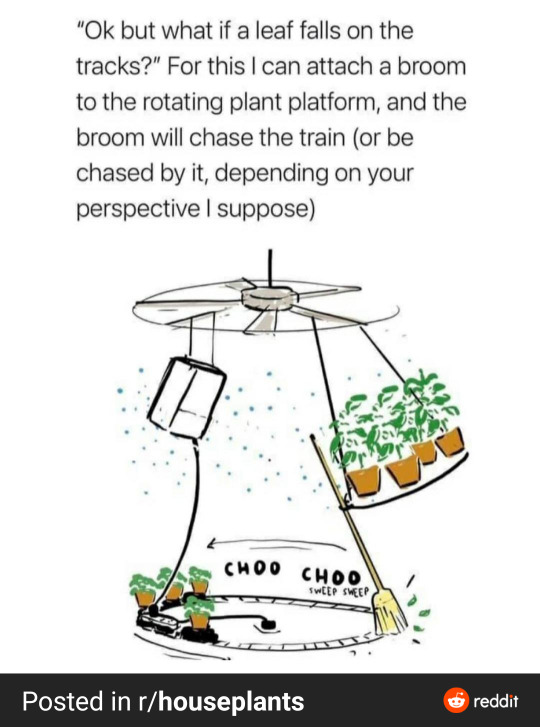

156K notes
·
View notes
Text
That moment when the unrelated scenes you've been writing for two weeks both somehow connect (i have no idea how this happened)
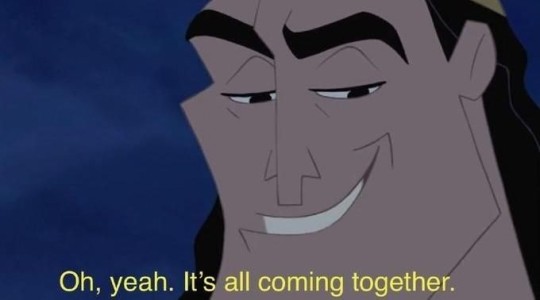
9K notes
·
View notes
Text
Destroy the myth that libraries are no longer relevant. If you use your library, please reblog.
151K notes
·
View notes
Text

I probably put way too much thought into it but I do enjoy making a more in depth story rather than winging it. I like to actually think about the worldbuilding, make sure things actually connect and make sense. I am a big history nerd and I feel like it's the closest I can get to writing my own history.
12K notes
·
View notes
Text
🟢 You are still a writer even when you haven't written in a while.
🟢 You are still a writer even when you feel like you aren't writing enough.
🟢 You are still a writer when you feel like your work isn't good.
🟢 You are still a writer when other people don't like your work.
🟢 You are still a writer when you aren't published.
🟢 You are still a writer when you only have works in progress.
🟢 You are still a writer if all you write is fanfiction.
26K notes
·
View notes
Text
Can also be a really interesting dynamic to bring to your worldbuilding, if you’re writing fantasy or sci-fi. You don’t need to have every bit of your world’s history figured out- if anything it’s better to leave several things ambiguous or even contradictory, as this will actually add believability to your fictional society. If you do this in the right way, you can introduce several layers of depth and mystery to your world that can leave readers thinking/wondering about what actually happened.
It could also feed into conflict in the story as different groups within your world come away with different versions or conclusions about historical events and then it’ll up to the reader and the main characters to try and separate fact from speculation from outright propaganda.
Something I think ppl who aren't used to it struggle with when it comes to ancient history is that frequently 'we do not and cannot know this' is the only truthful response a historian can give. People severely overestimate how much we actually know about Ancient Rome.
I remember talking to someone at a party once about the debate over Septimius Severus's ethnicity (whole other can of worms) and they asked if genetic testing of his remains was not a way to settle it and I was like oh. Oh okay you are under the impression we have the physical remains of Roman emperors from the second century AD alright then. (We. Do not.)
29K notes
·
View notes
Text

A writer is a world trapped inside a person.
Victor Hugo
491 notes
·
View notes
Text
3 Steps to Improve Your Characters and Make Them Three-Dimensional
So I don’t have a process for creating/developing characters (to me the process is intuitive to the point where I wouldn’t even know how to explain it), but I do have a process for revising characters that just… fall flat, for whatever reason.
I like to get to know my characters by throwing them into a bunch of different situations and seeing how they react, but sometimes that’s not enough. In these cases I need to go back to the drawing board and figure out how to make them not feel like a cardboard caricature of the role I need them to fill. Here’s the process I use, and it involves three key questions to understand what makes your character tick.
1) What is this character’s fundamental belief- either about the world or themself?
2) Where does this belief come from?
3) How does this belief hinder them, and are they capable of growing past it?
Alright, here’s what the process looks like in action.
Let’s say I have a character I need to flesh out for my story.
Character A is a middle aged coffee shop owner and the protagonist of her story. The central conflict of the story revolves around trying to save the family run coffee shop she inherited from her father when he passed away, which has recently fallen on hard times.
What is this character's fundamental belief?
Character A believes that the world is an inherently good and fair place. She believes that good is always rewarded and bad is always punished, even if the timing isn't always perfect. As such, she strives to live a virtuous life, putting as much good into the world as she possibly can. While she understands that even good people can face hard times, she believes that in the long term, if things don't work out, it'll be because she didn't put in the work needed to turn things around.
Where does this belief come from?
Character A grew up in a solidly middle class household with good parents that treated her well- rewarding her for good work, and fairly punishing her for misdeeds. Her parents gave her everything she needed, but also expected her to work hard for the things she wanted. She also had the experience of watching her father build a successful business through hard work and by building strong connections with the people in town. If we want to push this further, we could also say that this belief was reaffirmed by watching her brother ruin his own life, squandering all his money and goodwill with those around him on failed get-rich-quick-schemes and outright scams that landed him in jail.
How does this belief hinder them, and are they capable of growing past it?
Let's say that Character A recently hired a barista who seems perfect for the job. Strapped for help, she gets him started right away before getting the results of his background check. When the results come in, she finds out that he is on probation and was recently released from jail for a violent crime. Shocked, she fires him. Believing that people who end up in jail always deserve it, she can't see past her initial prejudices. As a result, her coffee shop suffers from the loss of her new star barista.
Some time goes on, and Character A encounters the barista again, and learns more about the circumstances that landed him in jail (maybe he was falsely convicted, maybe he was battling psychosis, maybe the violent act was done to prevent a loved one- anything that makes her question her initial assumptions). He then confesses that he is struggling to provide for himself and his family because no one will hire him because of his criminal record. Character A comes to realize that her belief isn't completely true, and that the world isn't entirely fair. Though it takes a lot of inner work to do so, including coming to terms with her privilege, she eventually accepts this, and revises her beliefs. She decides that even though the world isn't fair, people have the responsibility to make it fair.
She decides to re-hire the barista she fired. After doing everything she can to make things right with him, she proposes an idea she wants his help with. Together, they transform her family business into a joint coffee shop and community rehabilitation center. In addition to selling coffee, they also launch a program to provide resources to recently incarcerated individuals looking to reenter society. They'll host weekly events on job interview coaching, alcoholics anonymous, motivational speeches, group therapy, opportunities to connect with open-minded employers, and more. Their promotion of this new program enables them to secure funding from local patrons and public grants, and customers are willing to pay for more expensive coffee with the knowledge that that money will be put to good use.
Additionally, if we want to go with the brother in jail backstory, we could have this ending be an opportunity for her to reconnect with him and maybe even repair their relationship as she gets to see him in a new light.
Main Takeaways
And there you have it!
You can use this process on any character- protagonist, antagonist, side character, etc. By grounding your character's motivations and development in their beliefs, you can easily introduce depth and internal conflict while keeping everything connected to the themes and plot driving your story.
Depending on your character's role or your story's plot, the belief can be wide reaching and complex (such as a philosophy or ideology), or specific and personal (such as having to do with their self-esteem). Either way, it should always be tied to their personal experiences or observations. This doesn't necessarily mean a tragic backstory. It could be, but I encourage you not to make this your default way of creating character depth. A mundane but grounded and sincere motivation will always be more compelling than cheap, dark shock factor.
Generally, protagonists with happy endings and villains with successful redemption arcs are capable of moving past their beliefs, while tragic heroes and antagonists aren't, and this failure is usually the source of their downfall. Keep in mind that even if characters do move past their old beliefs, it will always be a difficult thing to do. It will require them to confront their own mistakes, biases, and emotional wounds, and require both internal and external work in order to fix whatever their old beliefs have damaged.
Hopefully this guide will help you approach your characters from a different perspective. Feel free to share any insights.
Happy writing y'all!
#creative writing#writing#writers of tumblr#writers on tumblr#writing community#novel writing#writerscommunity#writing advice#writing problems#on writing#writing characters#character development#writing help#fiction writing#writing tips#writing thoughts#long post#really long post
481 notes
·
View notes
Note
Hey, I'm having some trouble writing my villain, he liked the hero in the beginning but then the hero tries to kill him and fails and the villain becomes obsessed with seeking revenge. However, he becomes conflicted when that obsession turns into desiring the hero. Can you share any tips on how to write an obsessive villain? Thanks a lot!
I'd say the first step is to figure out why the villain becomes so obsessed with the protagonist in the first place- both in terms of them seeking revenge and then desiring them. You mentioned that the hero tries to kill the villain and failed. Was there anything about this attempted killing that set the villain off (besides, you know, almost getting killed)? Is it because the hero was the first person to almost succeed and that left the villain feeling vulnerable and now they need to prove that they're invincible? Or maybe they believe that their cause is just and they see the hero as evil for trying to get in their way because they don't want to confront the evil in their own actions? Or perhaps they have a personal bond of some kind that gives a deeper meaning to the hero's attempt on their life.
Dig deep into your villain's motivations, worldviews, and insecurities. Figure out what fatal flaw they possess and how it ties into their relationship with the hero. Explore how far they're willing to push their obsession- if you want them to be well and truly obsessed, show that by demonstrating how the villain is willing to destroy everything else they care about in order to obtain their goal. Or, if you want to go a different route, you can let that conflict between their obsession and their desire open the way for deeper character development, where the villain is forced to confront their own inner conflict.
Hope that helps! Excited to see where you take this story!
17 notes
·
View notes
